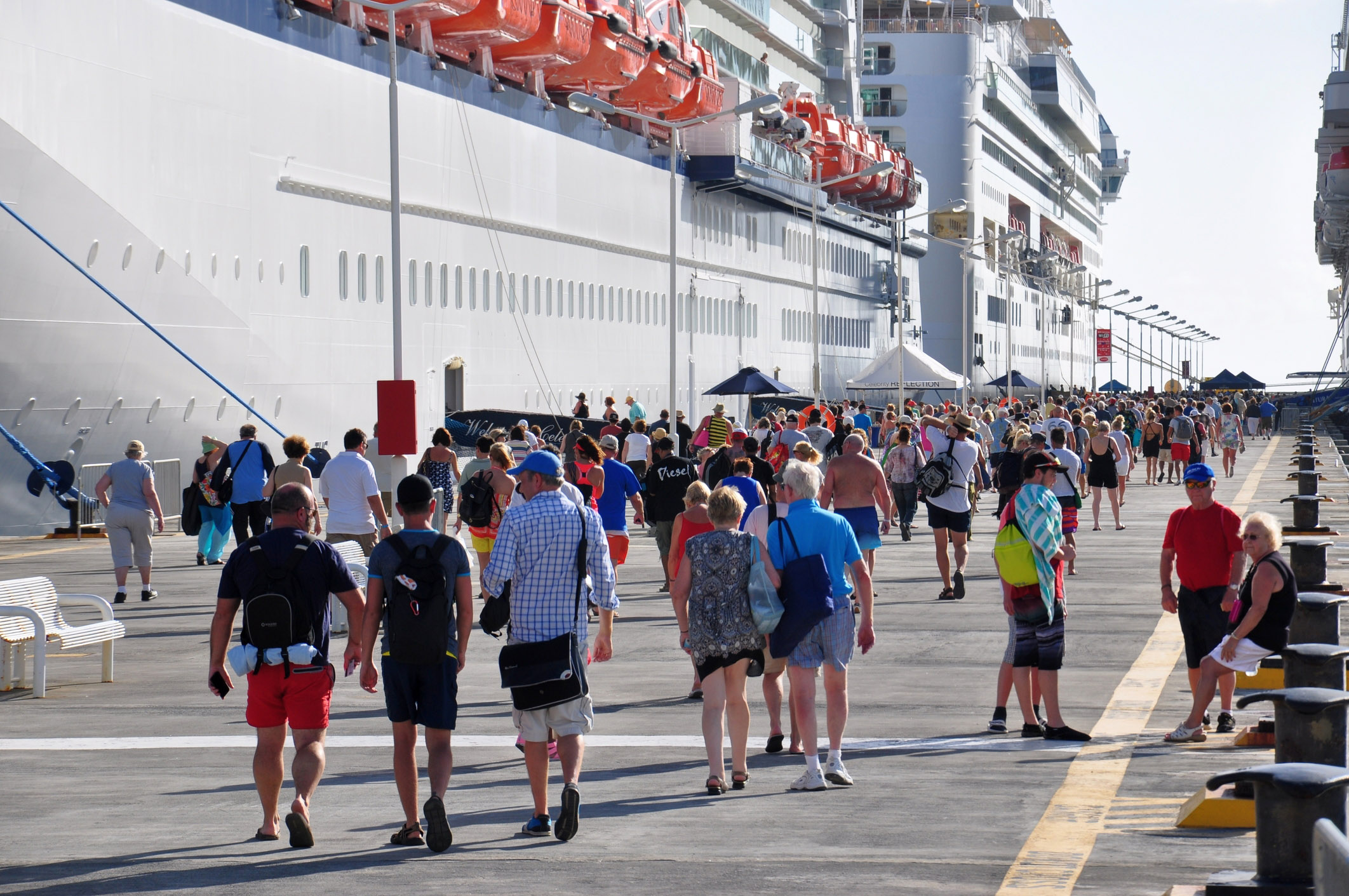Climate change response must be cooperative not competitive
By Julie-Anne Burrowes *
2018, February 1: Cruise destinations across the Caribbean are still grappling, half-a-year and more later, with the effects of a very active 2017 hurricane season.
The aftermath of these hurricanes highlighted the region’s vulnerability to climate change and underscored the scale of the socio-economic impacts that can result in what are predominantly tourism-reliant destinations.
It is undeniable that climate change is here, and the challenge confronting the region is to implement greater adaptation and mitigation strategies. Small developing island-states are now, more than ever, faced with the choice of following the path of traditional cruise tourism or taking a sustainable or responsible approach to the sector’s development.
The traditional approach often measures success by the sheer volume of cruise arrivals and not the benefits generated from each guest. At the same time, from a sustainability perspective, it is imperative for destinations to manage growth in order to safeguard their natural and cultural heritage assets, and to ensure the long term economic viability of the sector. It is as much about maximising the benefits to destinations and local communities as it is about minimising or avoiding negative impacts on the environment.

The path
The Brundlandt report (1987) framed the path of sustainable or responsible development as “development that meets the needs of the present without compromising the ability of future generations to meet their own needs.” It is rooted in the premise that it is the right thing to do for ‘people and planet.’ At the very heart of sustainability is balancing ecological, socio-cultural, and economic development priorities.
It is recognized that cruise tourism within the Caribbean is a significant segment. Destinations are investing heavily in cruise infrastructure, and major port expansion projects are either planned or underway to accommodate the growing number of cruise ship arrivals and the increasing size of cruise vessels. Consider that the world’s largest cruise liner RCCL’s Symphony of the Seas – set to begin cruising in the Eastern and Western Caribbean in November of this year (2018) – will be carrying 6,780 guests and an estimated 2,200 crew. This raises questions of carrying capacity and a port-of-call’s ability to deliver a quality shoreside experience.
Some may argue that the very nature of cruise tourism is at odds with adoption of a responsible approach to its (i.e., cruise tourism’s) development. But, the region must strike that balance – developing the sector while protecting the very resources, cultural, ecological and heritage assets, upon which its continued success hinges.
Moreover, according to Cruise Lines International Association (CLIA), cruise lines themselves are seeking to be a catalyst for positive change in recognition of the need for a more socially responsible model as it relates to the industry. As such, cruise lines have implemented a number of environmental policies and initiatives designed to reduce their environmental footprint and create sustainable communities. These range from: the use of fuel cell technology and alternative energy sources, such as wind power and battery-operated vessels to reduce carbon emissions; to Royal Caribbean’s Save the Waves programme to educate guests and crew; to Costa’s 4GOODFOOD; a fleet-wide food sustainability initiative.
To this end, the cruise industry is also extending the call for social responsibility throughout its supply chain. There is the high expectation that suppliers would adopt and implement ethical and eco-friendly practices in keeping with cruise lines’ own drive toward a more responsible industry. Cruise lines are indicating preference for products that align with socially responsible criteria as long as suppliers are willing to offer these at a competitive rate and can still meet cruise lines’ other requirements.
This movement presents the Caribbean with several opportunities. Destinations can enhance shoreside offerings and satisfy the demands of cruise guests for enriching and authentic travel experiences, and for companies and products that follow a more responsible path.
Regional response
The region’s dependency upon tourism and, in this particular instance cruise tourism, has historically created a competitive environment among Caribbean destinations. This competitiveness has resulted in an insular approach to addressing cruise tourism challenges and polarised activities in relation to maximising the benefits of the sector.
Our very existence and the viability of our destinations, economies and livelihoods demand a regional response to climate change adaptation and mitigation; and, expanded social responsibility stewardship.
We must fundamentally change the way we approach, manage and develop cruise tourism; we must adopt a cooperative model versus a competitive one – after all, we share one sea. []
* Julie-Anne Burrowes, is a cruise industry marketing consultant at Onboard Marketing Inc.






